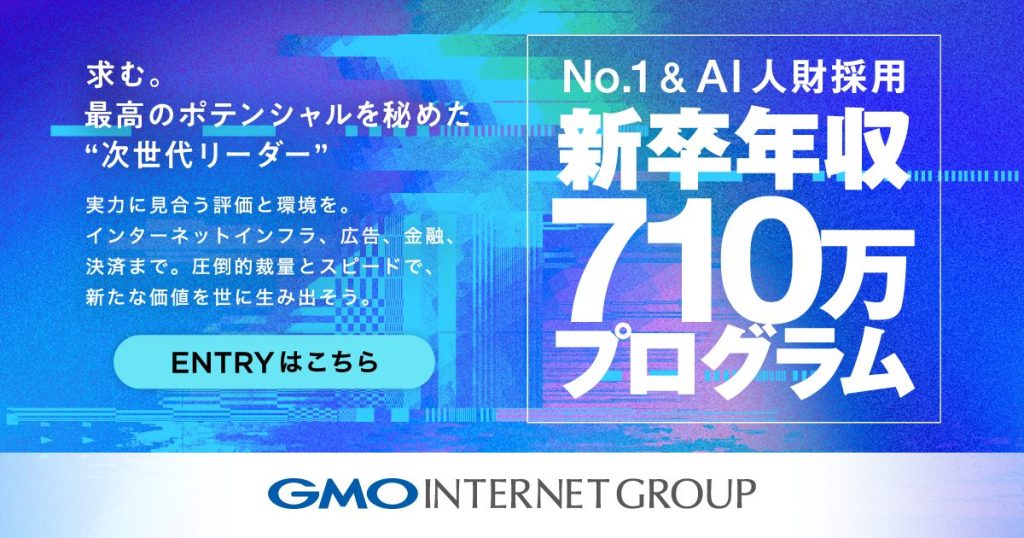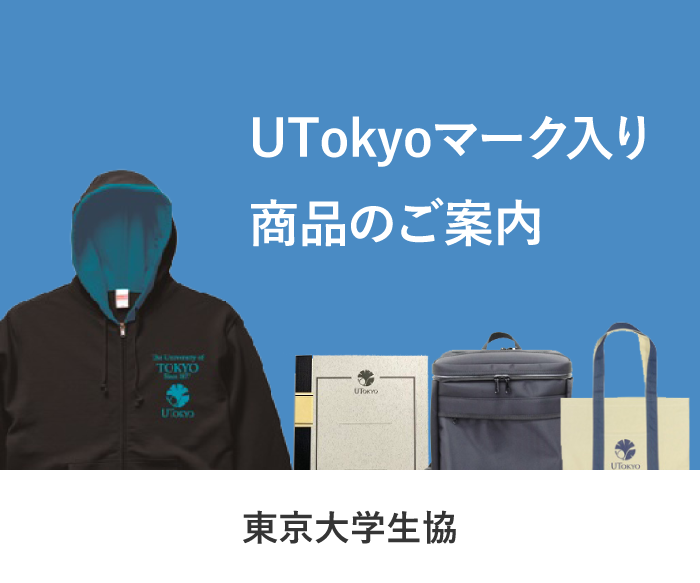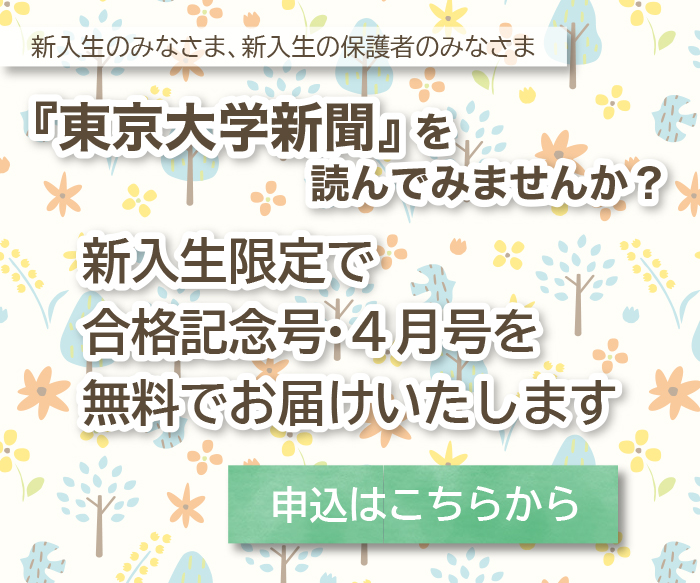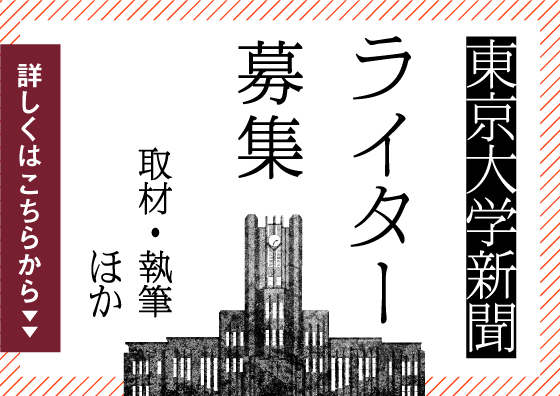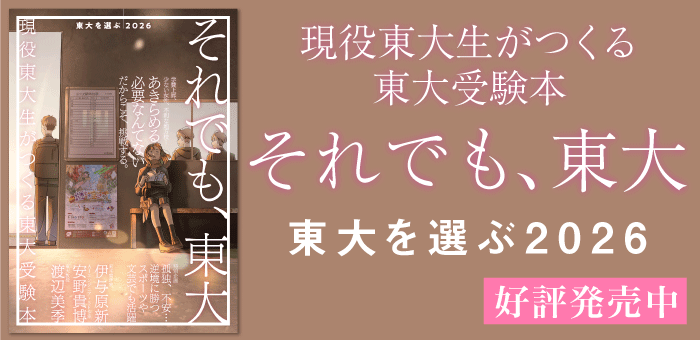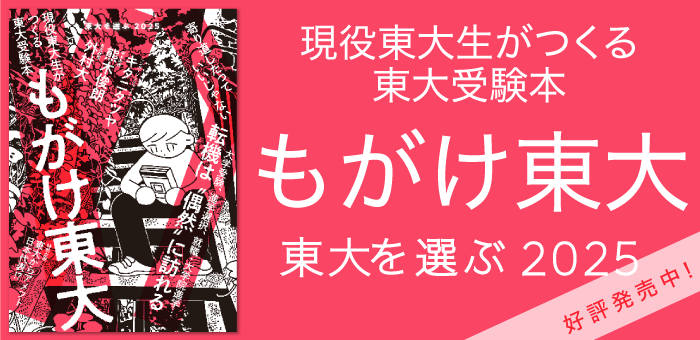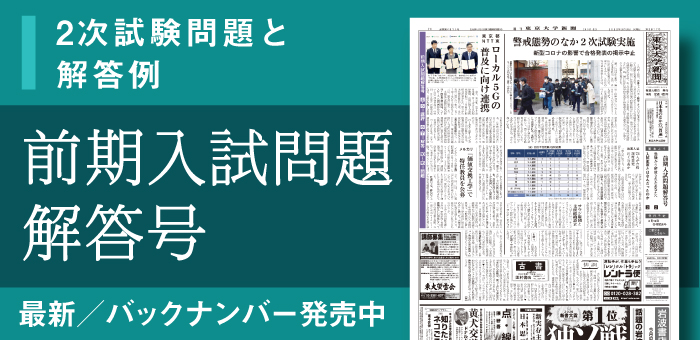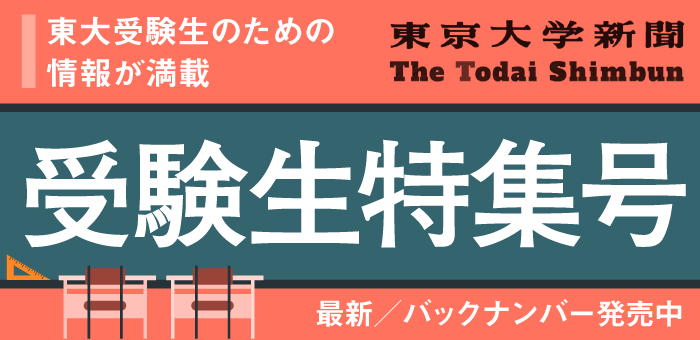東京大学理科一類2年生のユーユー・ポアさん。4月入学の留学生として、1年間東大で過ごして感じたこととは?
Who am I?
It’s that time of the year again, where a flurry of activities happen, and you meet more new people than you can remember in a single day. Yes, April is here and the campus is flooded with new students again.
My life here began in April too, with the customary self-introduction you give when you meet people you do not know for the first time.
“Hi, my name is Yu Yu. I am from Malaysia.”
I thought I had all the necessary personal information included in this simple self-introduction, but the response I got was completely unexpected.
“Are you an exchange student?”
“No I am not.”
Fair enough. International students most usually come in the form of exchange students.
“Are you a PEAK (Programs in English at Komaba, an undergraduate degree program taught entirely in English) student?”
“No I am not.” I would answer, often cautiously and with a confused undertone. As someone who was unfamiliar with PEAK students at that time, a PEAK student was far from normal to me. As such, I could not understand why people would automatically assume I am a PEAK student if I were not an exchange student.
“So what are you?”
How do I even begin to answer this question? I was extremely bewildered in my early days of being a UTokyo student.
“I am a… normal… undergraduate student?”
It was not a satisfying answer, but I could find no better word to use than the word ‘normal’. Apparently, no one understood it either.
“So do you take classes in English?”
By this point, I was very exasperated. Why is it so unconceivable for an international student to be studying in Japanese? It is not only in clubs or social events that I get such questions. Even in certain classes, people still ask if I am a PEAK student, if I introduce myself in that manner, but I do not blame them. As much effort as the university is putting in to diversify the student body, international students are still a rare species in the University of Tokyo, and even more so in this ‘normal’ (officially termed April-entry) undergraduate course.
As frustrated as I was at that time at all the attempts of people trying to figure out in which category I belonged to, looking back, such exchanges were great conversation starters that actually helped me find my footing in this unfamiliar environment. It not only widened my network of Japanese friends, it also got me connected with the other international students in the university.
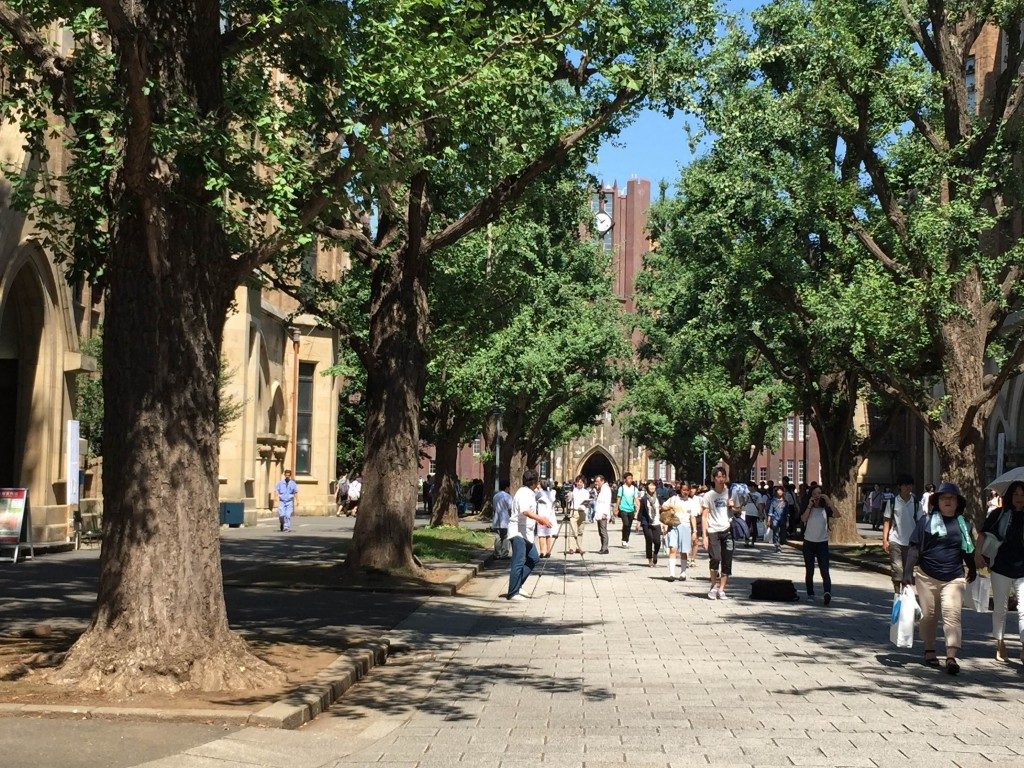
The grass is not always greener on the other side
People often ask me, “Isn’t it hard studying in Japanese?”
Honestly, it is.
To most of the Japanese, it is the language they have been using their entire life after all. As a learner of the Japanese language, it is just irrational to expect the same level of comprehension from us as from that of the Japanese. It is also not always the case that the Japanese students understand the lectures either, so it is doubly hard for international students to understand the lectures sometimes.
There is also the issue about having a disconnected past with most of my friends. I only came to Japan two years ago, so when my Japanese friends talk about where they spent their childhood, the university entrance examination, or what they were doing at the time the 3.11 earthquake struck, I do not have much to say.
Not having a shared past also sometimes causes me to react differently as compared to the Japanese. For example, in my linear algebra class, my professor used the analogy of amidakuji when teaching the concept of permutation in matrices. Most people around me got the concept of permutation immediately with this example, but I was left bewildered.
“What in the world is amidakuji?”
“What are all these horizontal and vertical lines?”
“How does amidakuji even work?”
“Aren’t there more than one possible outcome for each choice?”
This example, seemingly so simple and straightforward, was totally lost to me. Ironically, I did not understand why the professor wanted to make this concept more complicated by talking about amidakuji.
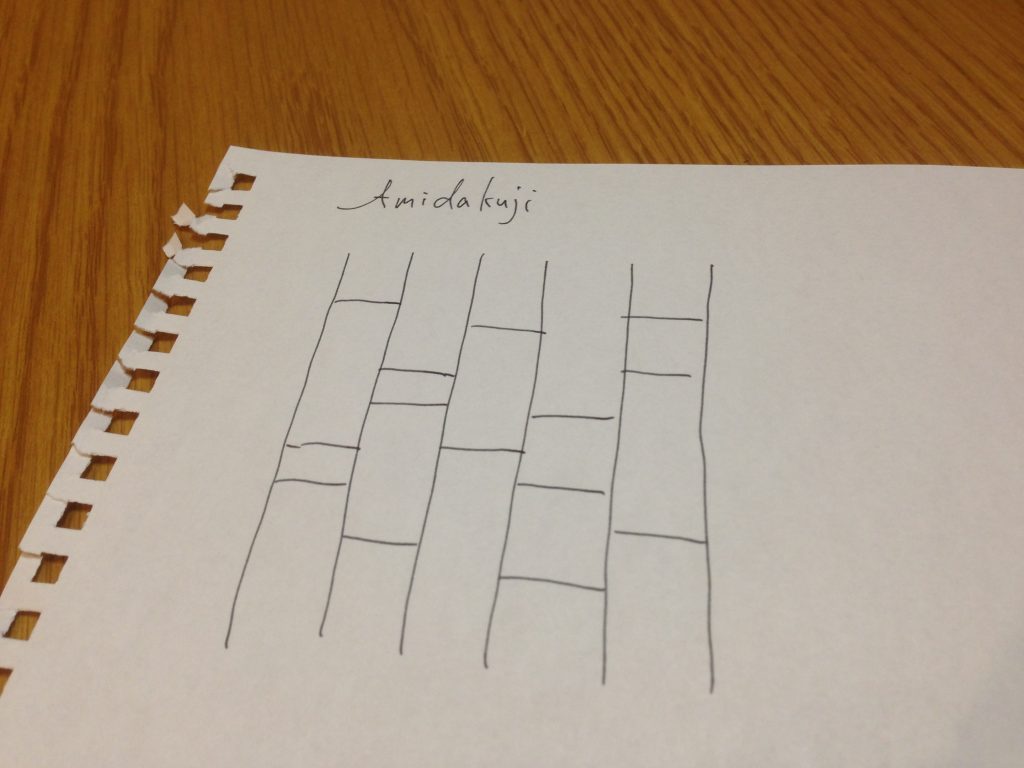
Looking forward
As time went by, the differences in language and in experiences began to matter less. It does not mean that I will never again encounter a situation where I do not understand the topic being discussed at hand, but rather, that there are always people around me to help me when I stumble.
I understand that in many other universities, students are graded on a curve. However, the University of Tokyo does not grade on a curve, and I am extremely grateful for this system. It creates a a very friendly and encouraging environment, where students help one another out, regardless of which high school you came from. Perhaps the most well-known example of students helping one another is of someone making lecture notes and sharing them not just with his close friends, but with the whole cohort, and sometimes leave them for the junior classes as well, all with the desire of helping others do well in exams. (This is known in Japanese in the school as シケ対)
It might sound unexpected for a top university in a country where exams are the be all and end all of life, but any rivalry that exists here is one that is friendly in nature, without students constantly looking at one another as a hostile competitor who is going to drive the curve up and take that ‘A’ grade away. Coming from a country where there is cutthroat competition amongst students, this cooperative environment is extremely refreshing.
Indeed, what I have learned in this past one year is that it does not matter where I come from, and it does not matter that there are probably differences between my peers that I would never be able to bridge. What matters more are the friendships that I have forged, and of supporting each other as we all try to fulfill our individual aspirations.
Taking into consideration the idea that where I come from does not really matter, I have refined the way I would introduce myself.
“Hi, my name is Yu Yu. I am a Natural Science 1 student.”
(By Yu Yu Phua)
Related articles
Another Face? : What the Vice Chairman of Goldman Sachs Has “Invested” Over 10 Years
Ramen Culture in Todai—from Komaba Times
My Foreign New Year with A Japanese Family—from Komaba Times

